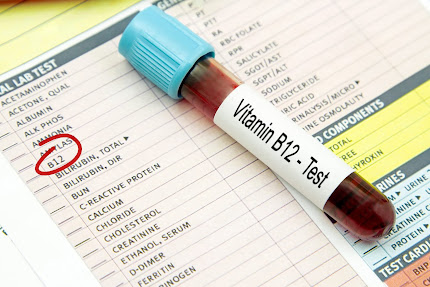OBESITY: LIPIDS CREATING FAT CELLS
OBESITY: LIPIDS CREATING FAT CELLS
We’ve all heard that olive oil is a “healthy fat,” but new research suggests it might not be simple. Scientists at the University of Oklahoma have found that oleic acid—the main fat in olive oil—could encourage the body to create more fat cells than other dietary fats. This process, they say, could set the stage for obesity and related health problems.
The study, published in Cell Reports, explored how different types of fat affect the body’s ability to create new fat cells. Oleic acid, which is a monounsaturated fat, stood out. Researchers discovered that it ramps up a signaling protein called AKT2 and dials down another regulator protein, LXR. The result? The precursor cells that eventually become fat cells start multiplying faster than usual.
“People’s fat intake has changed a lot during the obesity epidemic,” says Dr. Michael Rudolph, who led the study. “We wanted to know if eating too much fat causes obesity, or if the kind of fat matters too. Are certain fats sending signals to our cells to behave differently?”
To find out, Rudolph’s team fed mice specialized diets, each high in a single kind of fat found in everyday foods—everything from coconut and peanut oil to milk fat, lard, and soybean oil. Only oleic acid triggered a surge in new fat cell production.
“Think of your fat cells as an army,” Rudolph explains. “When you eat a lot of oleic acid, you’re basically enlisting more ‘soldiers’—more fat cells ready to store extra calories. Over time, if you keep overeating, those extra soldiers fill up, leading to obesity and possibly heart disease or diabetes.”
Of course, most people don’t eat pure oleic acid. Our diets are a mix of fats from different sources—coffee cream, salad dressings, meat, pasta, etc. But Rudolph points out that oleic acid is showing up more in modern diets, especially where food choices are limited or fast food is the easiest option.
So what does all this mean for your next meal? “Moderation is key,” Rudolph advises. “It’s smart to get your fats from a variety of sources. Balanced amounts of oleic acid can be good for you, but too much for too long may cause problems, especially if you’re at risk for heart disease.”
In short: not all fats are created equal, and even the “healthy” ones have a complicated story.




Comments
Post a Comment